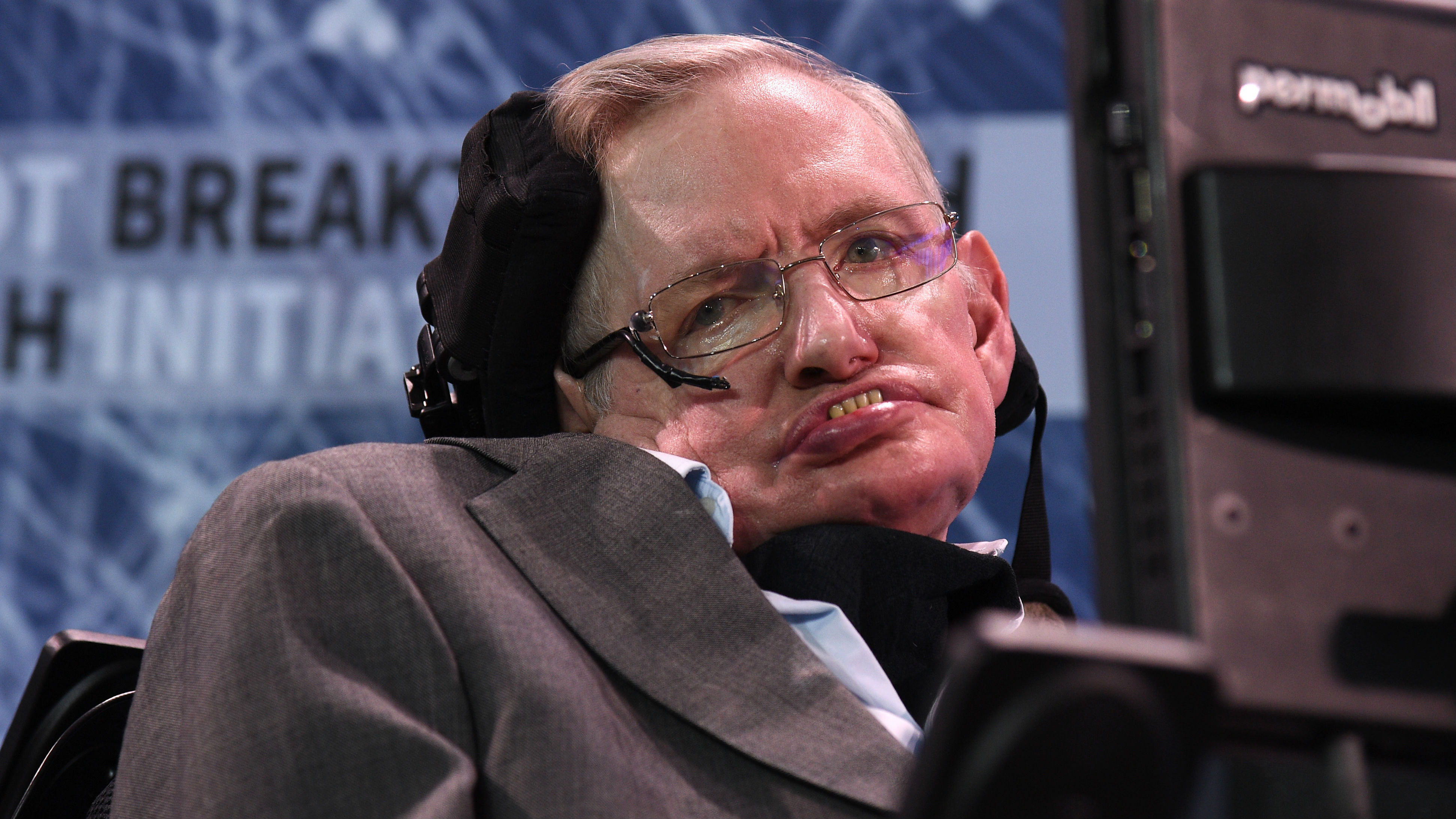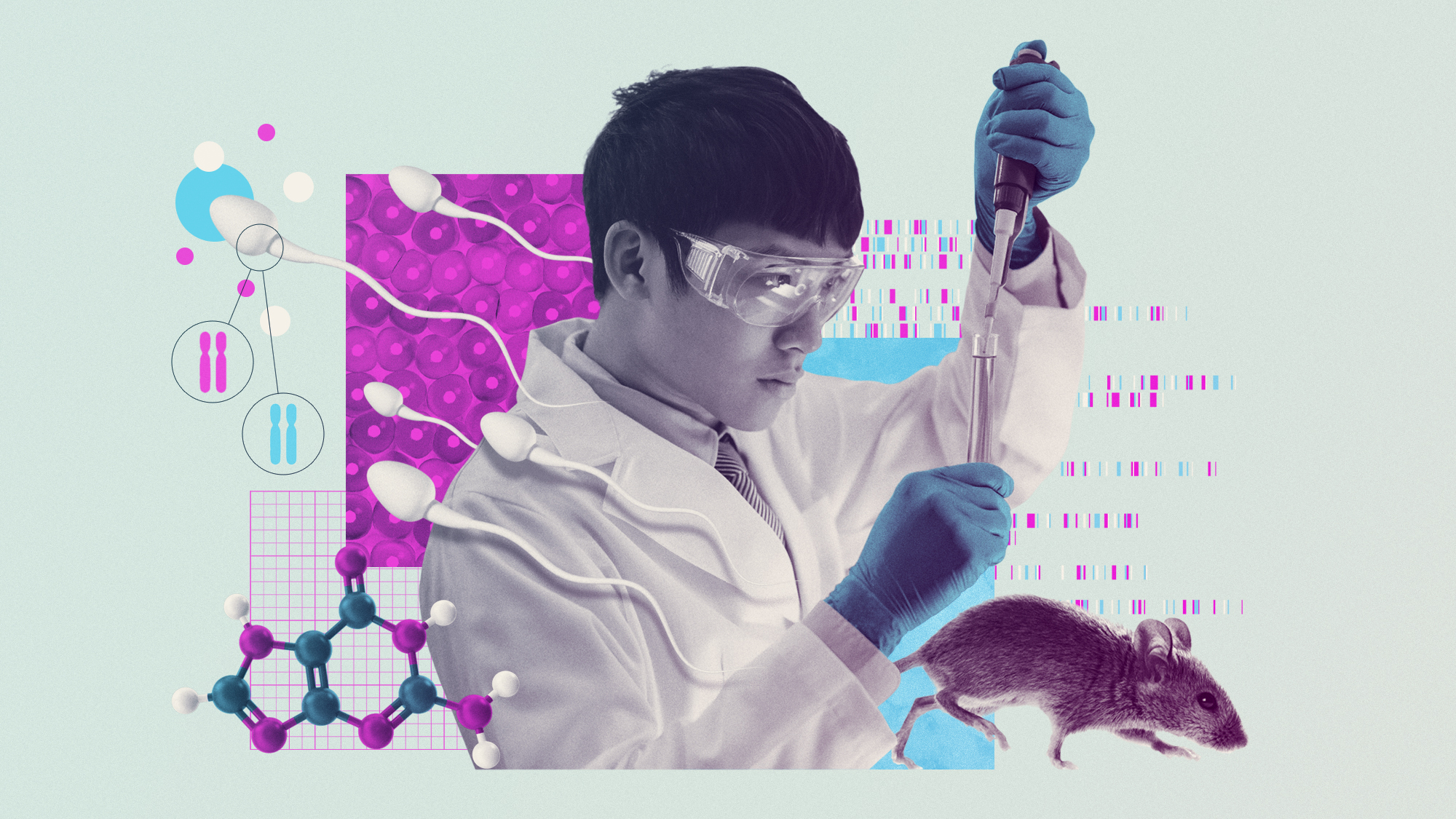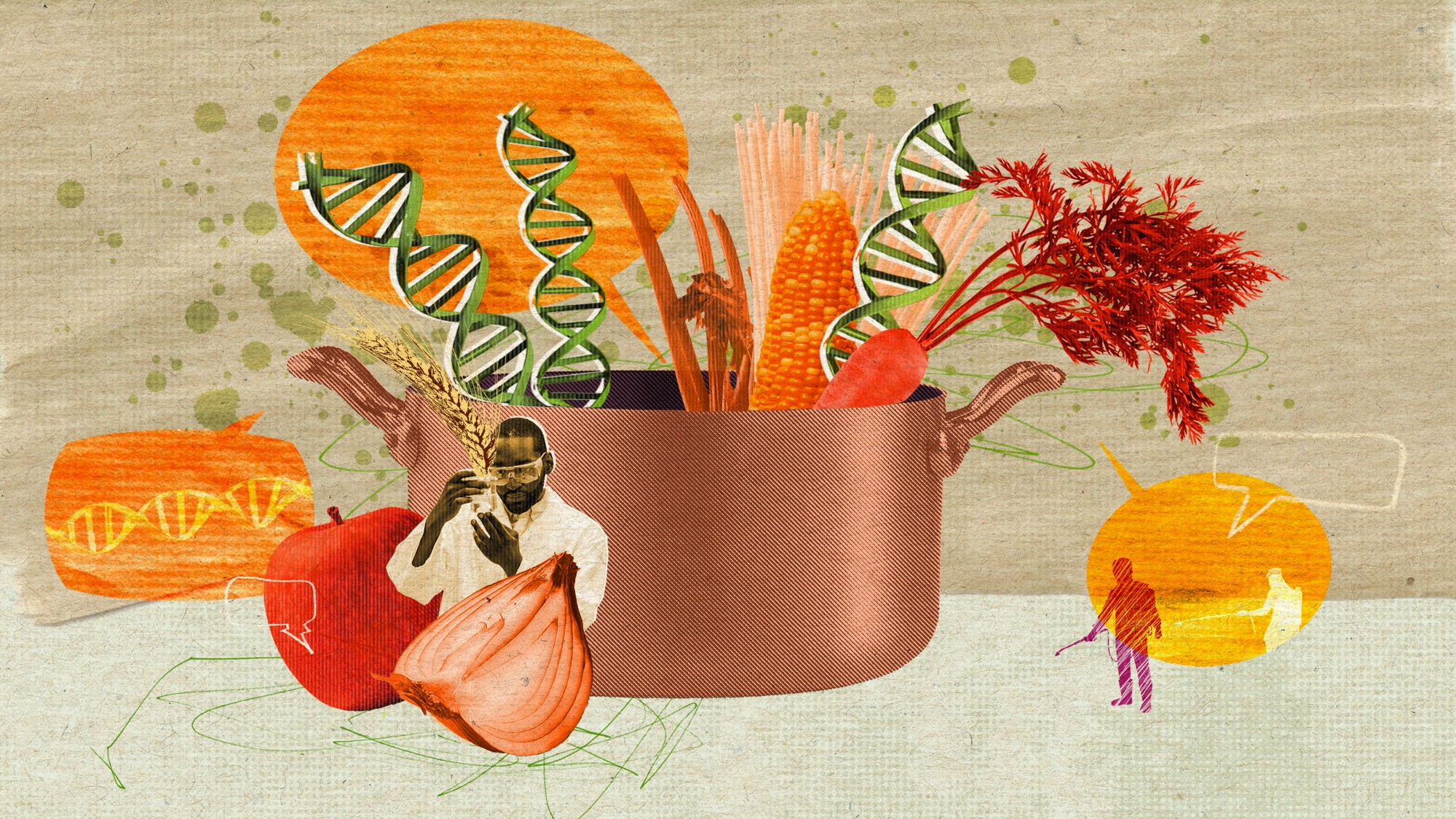Stephen Hawking predicted race of superhumans
Late physicist feared abuse of genetic modification technology may lead to two-tiered society

A free daily email with the biggest news stories of the day – and the best features from TheWeek.com
You are now subscribed
Your newsletter sign-up was successful
One of Stephen Hawking’s final pieces of writing predicted that a breed of superhumans will dominate the future of the planet by using genetic modification.
In Brief Answers to the Big Questions, due to be released on 16 October and part-published by The Times, the theoretical physicist, who died in March this year, suggested an elite class of physically and intellectually powerful superhumans could arise from rich people who use their wealth to make use of gene editing technology on their children.
“I am sure that during this century, people will discover how to modify both intelligence and instincts such as aggression,” he wrote.
The Week
Escape your echo chamber. Get the facts behind the news, plus analysis from multiple perspectives.

Sign up for The Week's Free Newsletters
From our morning news briefing to a weekly Good News Newsletter, get the best of The Week delivered directly to your inbox.
From our morning news briefing to a weekly Good News Newsletter, get the best of The Week delivered directly to your inbox.
“Laws will probably be passed against genetic engineering with humans. But some people won’t be able to resist the temptation to improve human characteristics, such as memory, resistance to disease and length of life.”
Hawking suggests that recent advancements in gene editing may have social consequences for what he calls “unimproved humans” - those who did not have access to the technology - and may create a “two-tier system of humans”.
“Once such superhumans appear, there will be significant political problems with unimproved humans, who won’t be able to compete,” he wrote. “Presumably, they will die out, or become unimportant. Instead, there will be a race of self-designing beings who are improving at an ever-increasing rate.
“If the human race manages to redesign itself, it will probably spread out and colonise other planets and stars.”
A free daily email with the biggest news stories of the day – and the best features from TheWeek.com
In the essays, he references a recently developed technology known as Clustered Regularly Interspaced Short Palindromic Repeats (Crispr), which allows scientists to “modify harmful genes or add new ones”, The Guardian reports. The newspaper adds that Great Ormond Street hospital for children in London has “used gene editing to treat children with an otherwise incurable form of leukaemia”.
The Times suggests that Hawking’s vision of the future “will horrify some because of their superficial similarity to last century’s eugenics movement - the idea that humanity could be ‘improved’ by encouraging people with supposedly superior characteristics to have more children, while discouraging or even sterilising those seen as inferior”.
But the newspaper adds that Hawking may have been simply suggesting that “breakthroughs in genetics will make it attractive for people to try to improve themselves”.
-
 What are the best investments for beginners?
What are the best investments for beginners?The Explainer Stocks and ETFs and bonds, oh my
-
 What to know before filing your own taxes for the first time
What to know before filing your own taxes for the first timethe explainer Tackle this financial milestone with confidence
-
 The biggest box office flops of the 21st century
The biggest box office flops of the 21st centuryin depth Unnecessary remakes and turgid, expensive CGI-fests highlight this list of these most notorious box-office losers
-
 How mice with two dads bring us closer to two men having a child of their own
How mice with two dads bring us closer to two men having a child of their ownThe Explainer Science breakthrough produces healthy, fertile mice from two sperm cells and an empty egg
-
 Scientists want to regrow human limbs. Salamanders could lead the way.
Scientists want to regrow human limbs. Salamanders could lead the way.Under the radar Humans may already have the genetic mechanism necessary
-
 Breakthrough gene-editing treatment saves baby
Breakthrough gene-editing treatment saves babyspeed read KJ Muldoon was healed from a rare genetic condition
-
 Argentina's gene-edited horses
Argentina's gene-edited horsesUnder the Radar Scientists in the polo-obsessed nation have produced world's first genetically edited horses, designed to outrun champion mare whose DNA they (mostly) share
-
 The pros and cons of GMOs
The pros and cons of GMOsPros and Cons The modified crops are causing controversy
-
 The de-extinction process to bring woolly mammoths back to life
The de-extinction process to bring woolly mammoths back to lifeUnder the Radar Biotechnology start-up's stem cell research brings possibility of genetically engineered species a step closer
-
 The new research changing what we know about the first Americans
The new research changing what we know about the first AmericansUnder the radar Humans may have reached the Americas thousands of years earlier than previously thought
-
 Richard Branson’s Virgin Galactic and Jeff Bezos’s Blue Origin: the new space race?
Richard Branson’s Virgin Galactic and Jeff Bezos’s Blue Origin: the new space race?Speed Read Branson has declared space open for business. Is that still a pie in the sky?